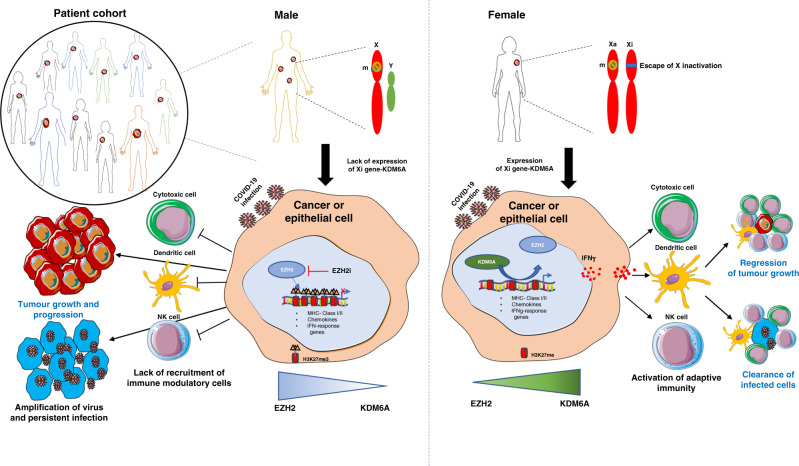Fig. 1. Proposed model of sex-biased role of the X-linked KDM6A gene in promoting immunity.
Males harbour one X chromosome with no functional Y chromosome homologue. Hence, mutation in the X-linked epigenetic modifier KDM6A with tumour-suppressive or immunomodulatory role will probably lead to cancer or infection in males. Immune-related genes will be repressed by EZH2-mediated H3K27me3 deposition resulting in low KDM6A protein and immune evasion in male patients. In females, with two X chromosome, [one active (Xa) and one inactive (Xi)], a single mutation (m) in KDM6A is less likely to develop cancer or infections since another functional allele escapes X inactivation. Cells with high KDM6A level would be expected to demethylate H3K27me3 resulting in activation of the interferon γ pathway resulting in inactivation of natural killer (NK), dendritic or cytotoxic T cells to induce anti-tumour immunity and adaptive immunity against virus-infected cells.

